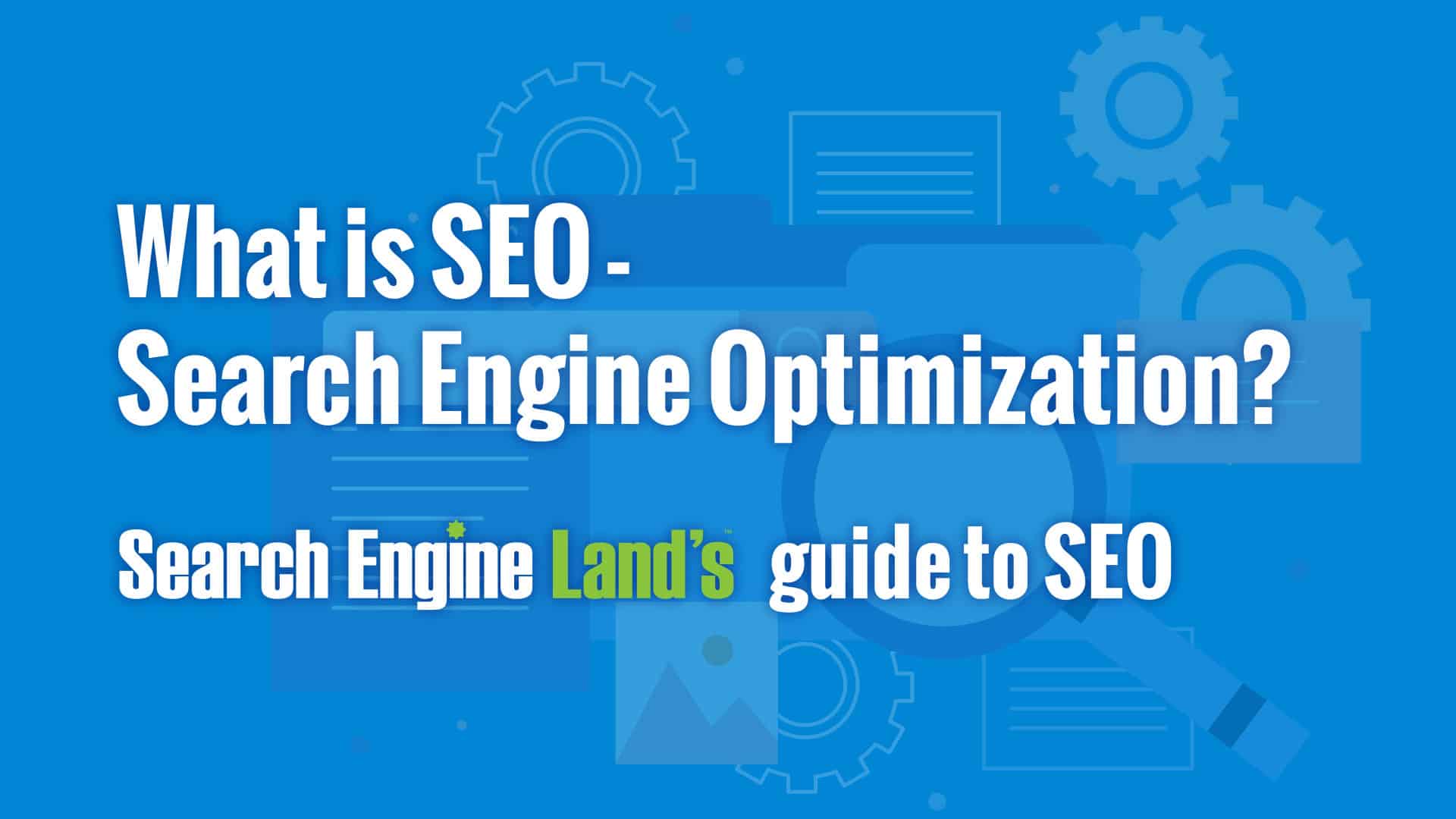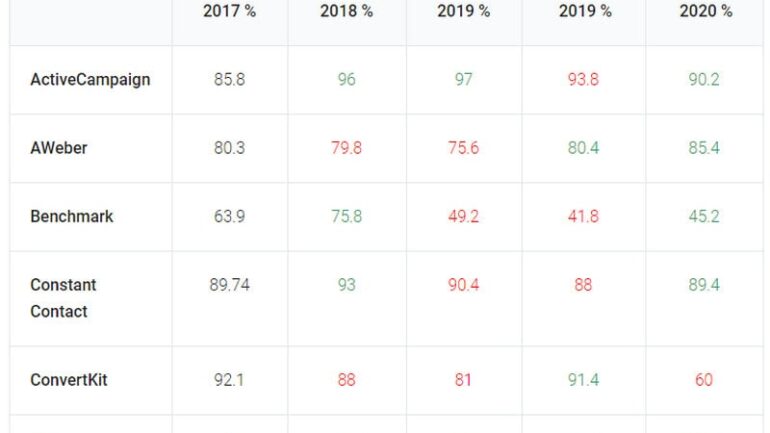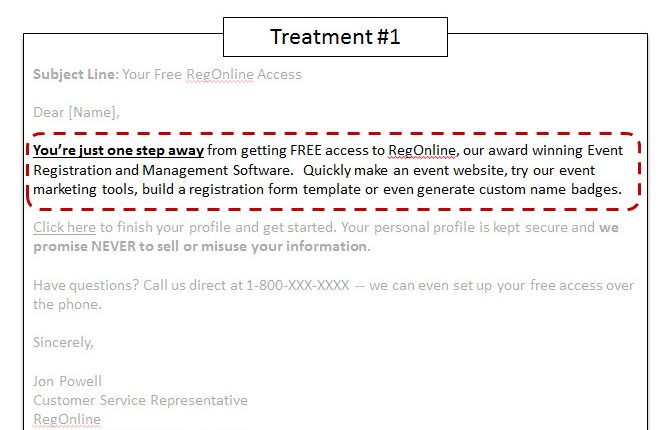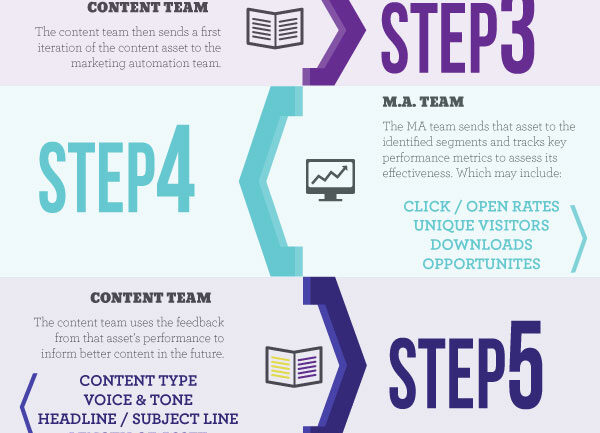Introduction
Are you looking to improve your website’s visibility on search engines? Want to understand the technical aspects of search engine optimization (SEO)? In this blog post, we will demystify technical SEO and explain how you can optimize your website to rank higher on search engine result pages (SERPs).
Technical SEO refers to the process of optimizing your website’s infrastructure, code, and server configurations to improve its visibility and performance in search engine rankings. While it may sound complex, understanding and implementing technical SEO strategies can have a significant impact on your website’s search engine visibility.
In this blog post, we will break down the key components of technical SEO and provide actionable tips to help you optimize your website effectively. Whether you are a beginner or have some experience with SEO, this guide will provide you with a better understanding of the technical aspects and how they contribute to search engine rankings.
Understanding Technical SEO
Technical SEO refers to the process of optimizing your website for search engines by focusing on the technical aspects. It involves enhancing your website’s infrastructure, making it easier for search engine crawlers to understand and index your content.
Importance of Technical SEO
Technical SEO plays a crucial role in improving your website’s visibility in search engine results pages (SERPs). By implementing technical SEO best practices, you can ensure that search engines can easily access and understand your website, leading to higher rankings and increased organic traffic.
Key Technical SEO Factors
Website Speed and Performance
A fast-loading website is essential for both user experience and search engine rankings. Optimize your website’s speed by minimizing server response time, compressing images, and enabling browser caching.
Mobile-Friendliness
In today’s mobile-first world, having a mobile-friendly website is critical. Ensure your website is responsive and provides an optimal user experience across different devices, including smartphones and tablets.
URL Structure
Create a logical and organized URL structure that includes relevant keywords. Use hyphens to separate words and keep URLs concise and descriptive.
Site Architecture
Design your website’s architecture in a way that allows search engine crawlers to easily navigate and understand your content. Use proper header tags (H1, H2, etc.) to structure your content and provide a clear hierarchy.
XML Sitemap
Create an XML sitemap that lists all the pages on your website. This helps search engines discover and index your content more efficiently.
Robots.txt File
Use a robots.txt file to instruct search engine crawlers on which pages to crawl and which to avoid. This file helps control the crawling and indexing process.
Canonicalization
Implement canonical tags to indicate the preferred version of a web page when multiple versions with similar content exist. This helps prevent duplicate content issues and ensures search engines understand the correct page to index.
Schema Markup
Utilize schema markup to provide additional information to search engines about your website’s content. This can enhance the visibility of your website in search results through rich snippets and structured data.
SSL Certificate
Obtain an SSL certificate to enable secure communication between your website and visitors. SSL certificates are now a ranking factor, and having a secure website can boost your search engine rankings.
Technical Audit
Regularly conduct technical audits of your website to identify and fix any issues that may impact its performance in search engine rankings. This includes checking for broken links,” “Technical SEO Demystified: Optimizing Your Website for Search Engines
Summary
In summary, this blog post aims to demystify technical SEO and provide you with practical tips to optimize your website for search engines. We will cover various aspects of technical SEO, including website speed optimization, mobile-friendliness, URL structures, XML sitemaps, and more. By implementing the strategies outlin learn this here now ed in this guide, you will be able to improve your website’s visibility on search engine result pages and drive more organic traffic to your site.

Hello, I’m Aiden Hibbins, a passionate and experienced Content Strategist specializing in Social Media Marketing, Web Design and Development, and SEO Optimization. With a deep understanding of the digital landscape, I strive to help businesses and individuals create compelling and effective online content strategies.





